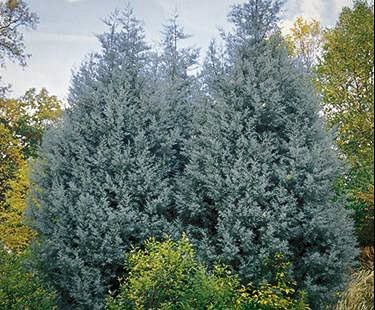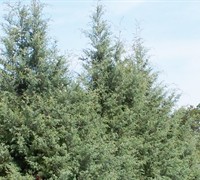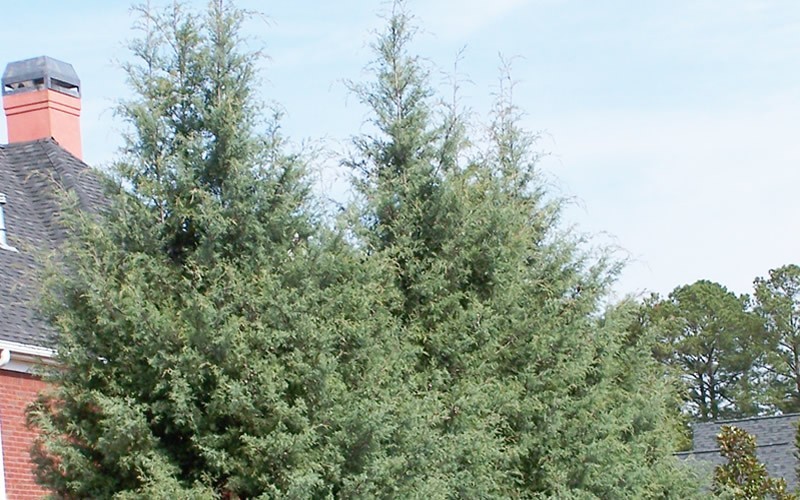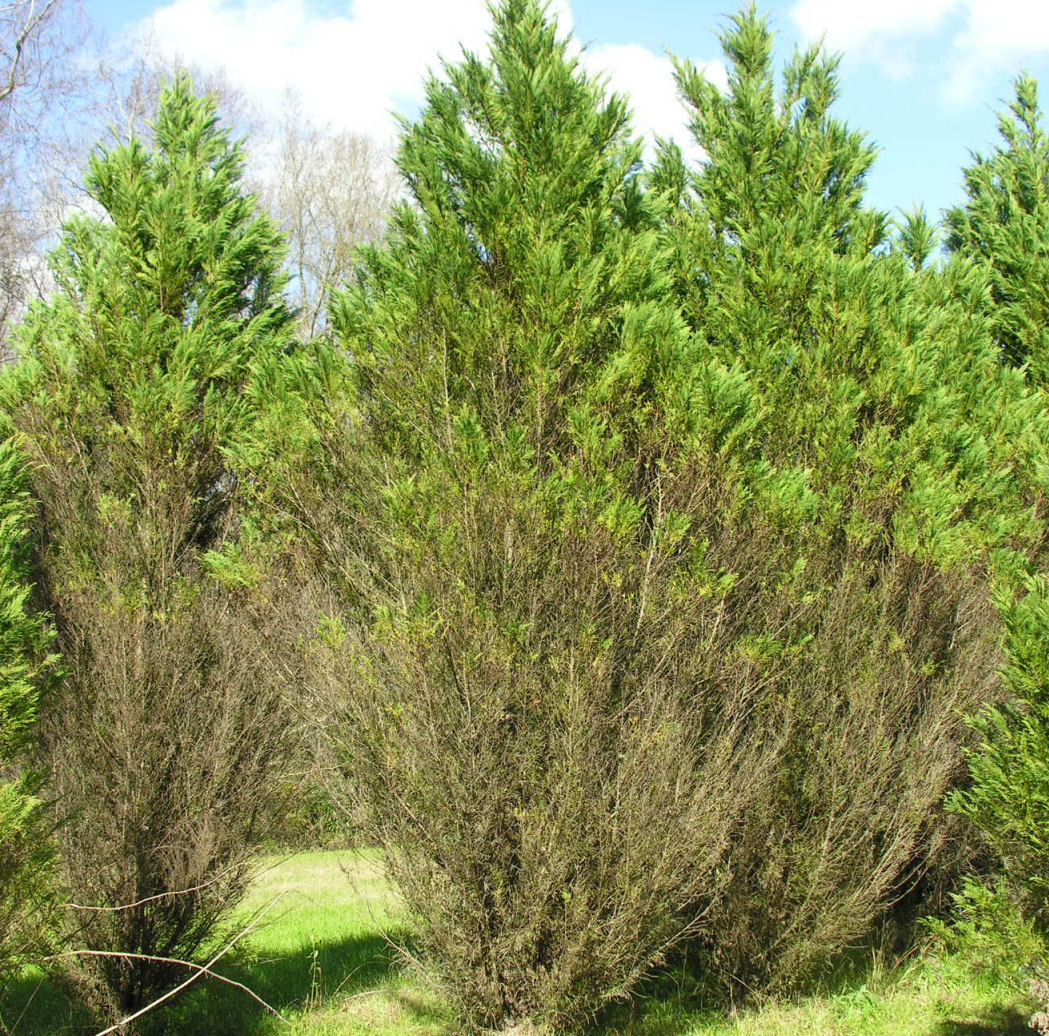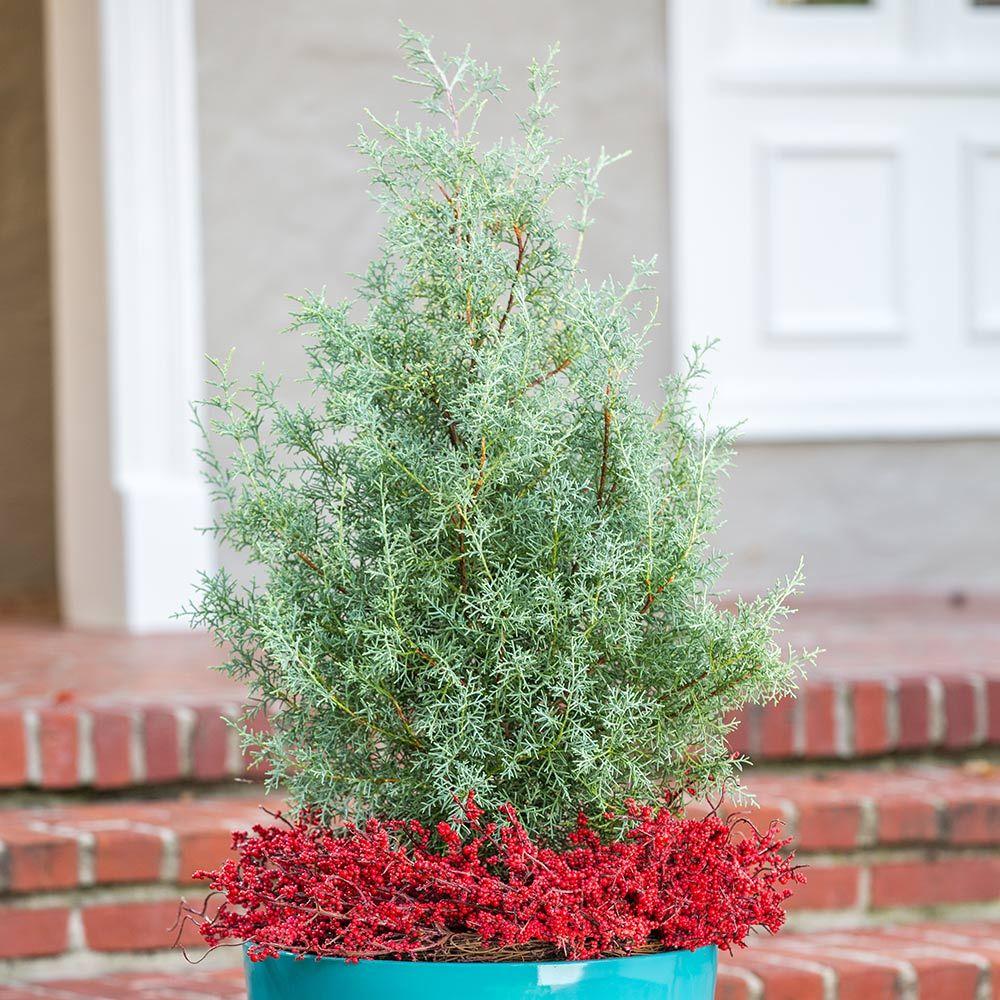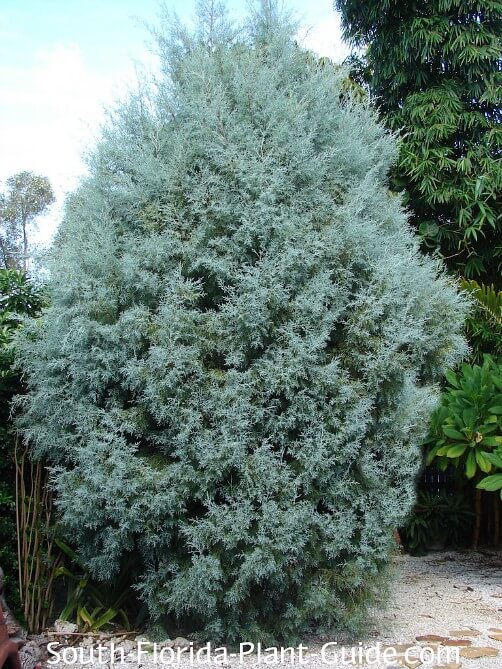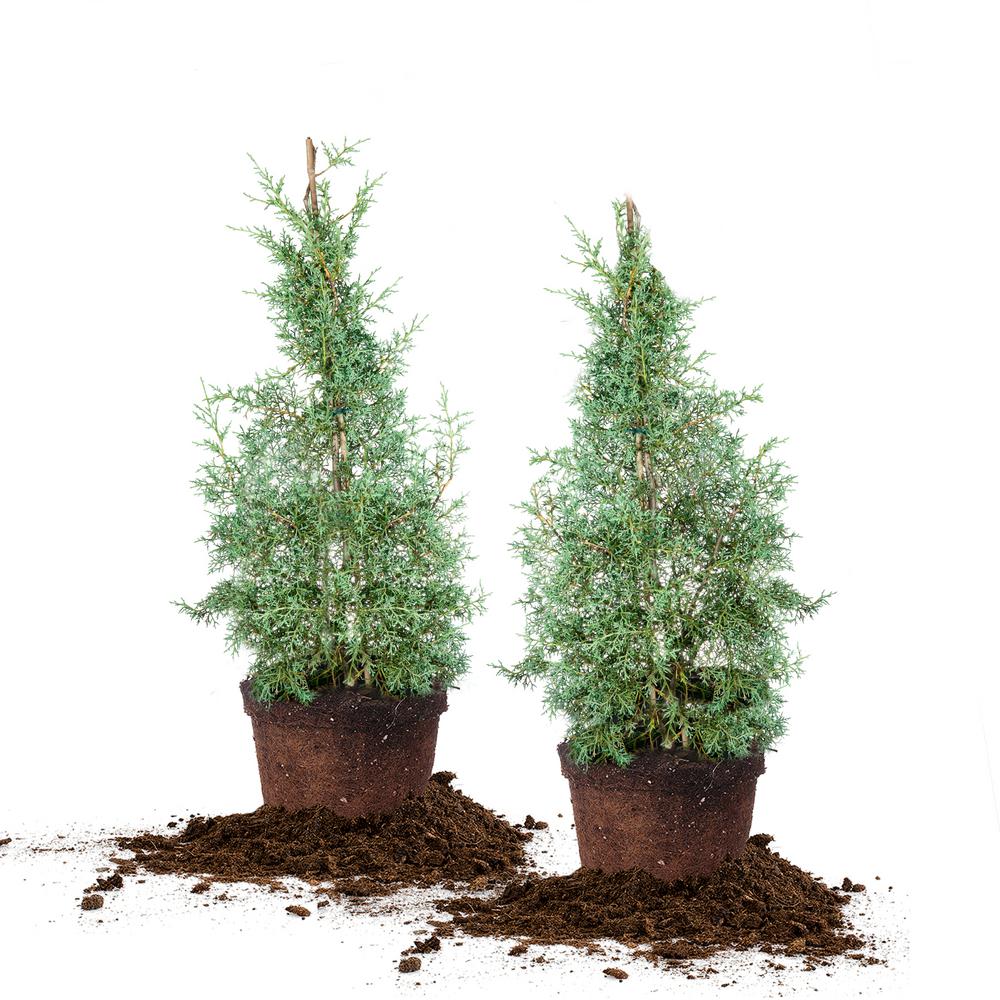Due to lack of sunlight most conifers cypress cedars junipers pines arborvitae naturally shed their inner twigs stems as they grow larger due to lack of sunlight.
Carolina sapphire cypress diseases.
It isn t fussy about soil type even growing in dense clay.
Deer and disease resistant this tree prefers hot dry climates and is incredibly drought tolerant.
Symptoms include a sudden change in foliage color from green to reddish brown.
Carolina sapphire arizona cypress is a conical tree with a pyramidal growth habit.
Both cultivars are best suited for u.
Great silvery blue colored foliage is very aromatic.
Carolina sapphire arizona cypress care.
This tree is a great alternative to a privacy fence.
Foliage of carolina safire is one of the brightest blues you will ever see.
Two varieties called the blue ice cypress and the carolina sapphire cypress are versatile trees with some similar attributes but also a few differences.
The fungi phomopsis juniperovora or kabatina juniperi causes juniper blight.
Exceptionally tolerant of hot dry conditions smooth barked arizona cypress is ideal for use as a screen hedge or windbreak.
Fertilize in the early spring and mid fall for best growth with slow release fertilizers.
No pruning is required unless you want to shear it for a more formal shape.
It s a great alternative to leyland cypress which is prone to problems with seiridium canker.
Diseases insects.
Occasional canker seridium cardinale has been.
Not only is this evergreen fast growing but it is also deer disease and insect resistant.
The outer red brown bark breaks off every year revealing the fresh new bright red smooth inner bark.
Feed in spring with a well balanced shrub and tree type fertilizer.
Carolina sapphire cypress is easy to grow in well drained soils and full sun or light shade.
An incurable condition caused by poor air circulation between plants in hot and humid regions.
I ve yet to see any serious pest or disease problems with carolina sapphire cypress.
Annosus root rot is a serious disease that occurs in italian and leyland cypress trees.
According to the north carolina state university s plant pathology extension this fungus appears on freshly cut stumps pines and other conifers and spreads to adjacent trees.
The carolina sapphire cypress is a fast growing evergreen that features lacy silvery blue foliage.
Generally rather trouble free and very drought tolerant.
It can grow 20 to 30 feet tall and maintains a pyramidal shape.
That being said if this die off starts to spread outwards there could be a problem.





